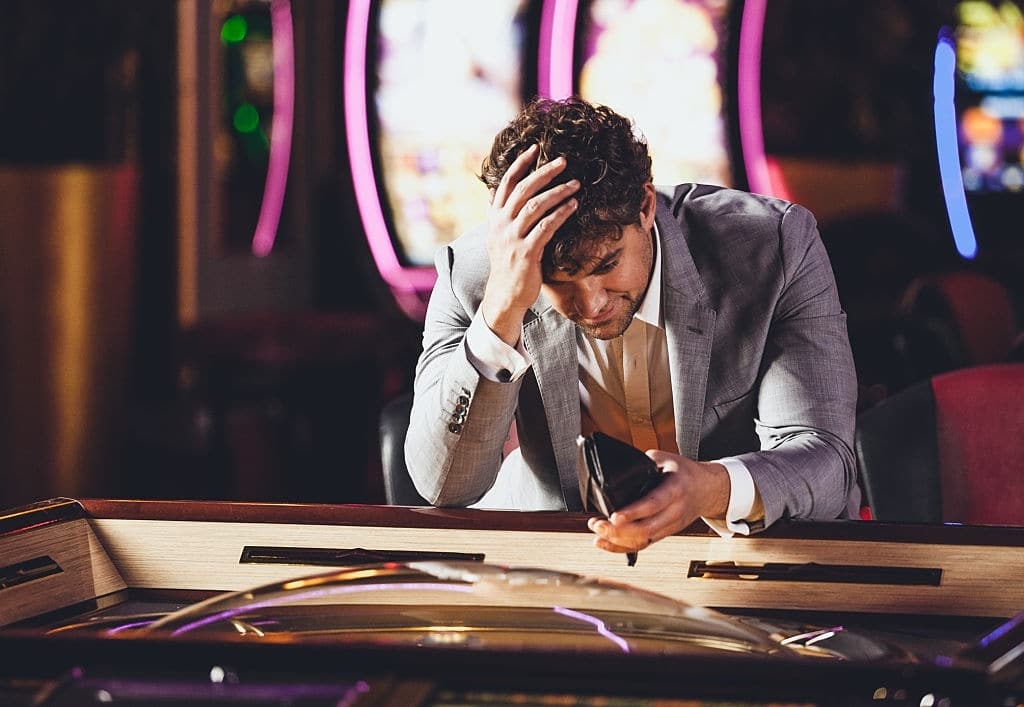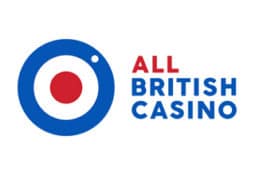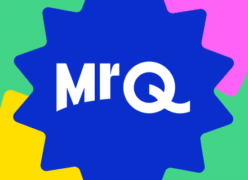There are gambling addiction signs that can help you identify the addiction in your loved one. Gambling addiction can lead to financial ruin, bankruptcy, and emotional distress for gambling addicts and their families. Understanding gambling addiction is essential so you can spot it in your family member or friend before they succumb to this destructive habit.

What is gambling addiction?
Gambling addiction is a substance-related disorder, which means that gambling becomes part of an individual’s daily routine. They cannot control their desire for gambling, which causes problems in relationships, money management, work, or school performance.
Gambling addicts tend to put themselves into bad situations where they will have more opportunities to gamble with money they don’t have because it’s not theirs. These individuals may lie about how much time or how much money they’ve spent gambling, as well as other activities surrounding gambling addiction, such as stealing from family members or friends to get cash for gambling purposes only. A person who gambles often has trouble stopping even though she understands negative consequences are associated with her behaviour; others recognise gambling as a problem and want her to stop.
A gambling addict will probably need the help of an addiction specialist to find treatment for gambling addiction. There are also several self-help groups such as Gamblers Anonymous that can be very helpful in helping someone recover from gambling addiction.
If you’re concerned about your gambling habits, talk to your doctor today! They may refer you directly to a therapist who specialises in treating addictions like gambling and other kinds of behavioural problems. There is no shame in having this type of disorder; it’s not anyone’s fault. They just need access to information and resources to feel better again.
Signs of a gambling addiction
Gambling addiction is a type of gambling disorder that can be incredibly destructive to those who suffer from it. It’s essential for family, friends, and loved ones to pay attention to the signs of gambling addiction so they may intervene early on before more damage has been done. This way, intervention can occur sooner rather than later when gambling becomes an obsession or compulsion where gambling addicts lose control over their lives because of this illness. When someone you love suffers from gambling addiction, some steps need to be taken to help them overcome the odds stacked against them, which include: getting professional help, taking part in support groups, and opening up about your struggles with others, whether they know what is going on or not.
Gambling becomes the focal point of a person’s life in gambling addiction cases. They will spend all their time thinking about gambling or planning to gamble and actively trying to hold money for gambling purposes. This can be seen in the following signs:
- Gambling is often associated with feelings of guilt and shame
- The individual may lie to friends and family members about how much they are gambling or where they have been when going out at night.
- If confronted by loved ones, the gambling addict could become defensive and try not to show how much it has affected them emotionally.
- Problems arise at work due to lateness, absences, or mistakes because of lack of concentration brought on by thoughts about gambling.
- The gambling addict will often display risk-taking behaviour such as gambling with money needed for bills or rent.
- Financial problems are common among gambling addicts, leading to them borrowing from friends and family members, embarking on dodgy financial deals, or stealing value items. If you notice any of these signs in a loved one, it might be time to talk about their gambling addiction.
How to help someone with a gambling addiction
People gambling is a fact of life in the United States and worldwide.
Many people enjoy gambling, but some become addicted to gambling, which can lead them down a path that might destroy their lives. If someone you know exhibits any signs or symptoms of gambling addiction, it’s essential to help them get out before losing everything they have worked for, including family, friends, jobs, etc. Here are some ways you can help your friend/family member if they have developed an issue with gambling:
- Recognise the warning signs of gambling addiction which include mood swings, irritability when confronted about gambling behaviour changes, etc
- Educate yourself on what could be triggering addictive gambling behaviour.
- Make sure to stick with the gambling addict and be supportive about seeking treatment if their gambling becomes an issue in your relationship or family life. Remember not to enable them by bailing them out of financial debt etc.
- Seek help through gambling addiction hotlines which are available around the clock. Gambling addiction rehab centres offer free counselling services for friends/family members of gambling addicts so you can get advice on how best to approach helping someone who has developed a problem with gambling.
- As long as there is money involved, some people will gamble no matter what state they are in financially or personally it’s up to each person whether they want to take control over his finances and become responsible when it comes time to gambling.
Treatments for Fambling Addictions
Treatments for gambling addictions include counselling, psychotherapy, cognitive-behavioural therapy (CBT), group therapies like Gamblers Anonymous meetings, pharmacological treatments like antidepressants or anti-anxiety medications, and alternative treatment methods such as acupuncture and hypnosis.
Gambling addiction can be treated with different modalities of psychological interventions, which have been shown to reduce gambling behaviour significantly for between 70-90% percent of patients after 12 months of follow up. These may involve individual therapy sessions that focus on the person’s thoughts about gambling, feelings surrounding their gambling habits/behaviours, and gambling triggers, along with proper coping strategies.
Counselling can help treat gambling addiction because it is a process that allows people to think about how they feel, what causes them to have problems controlling their gambling behaviour, what feelings are associated with the urges to gamble as well as ways of avoiding gambling when these difficult situations arise. A therapist may work with you on changing your thoughts surrounding gambling by challenging false beliefs such as “gambling gives me relief from my troubles.” People often develop this belief after many years of frequent/heavy gambling, leading them into more trouble like financial difficulties or family conflicts.
Will Writing has been writing about online casinos and casino bonuses for over 9 years. Will prides himself on paying attention to detail when checking out any new casino bonuses that come onto the market. Aside from verifing casino bonuses, Will enjoys playing video games and football. Will currently resides in London, UK.









